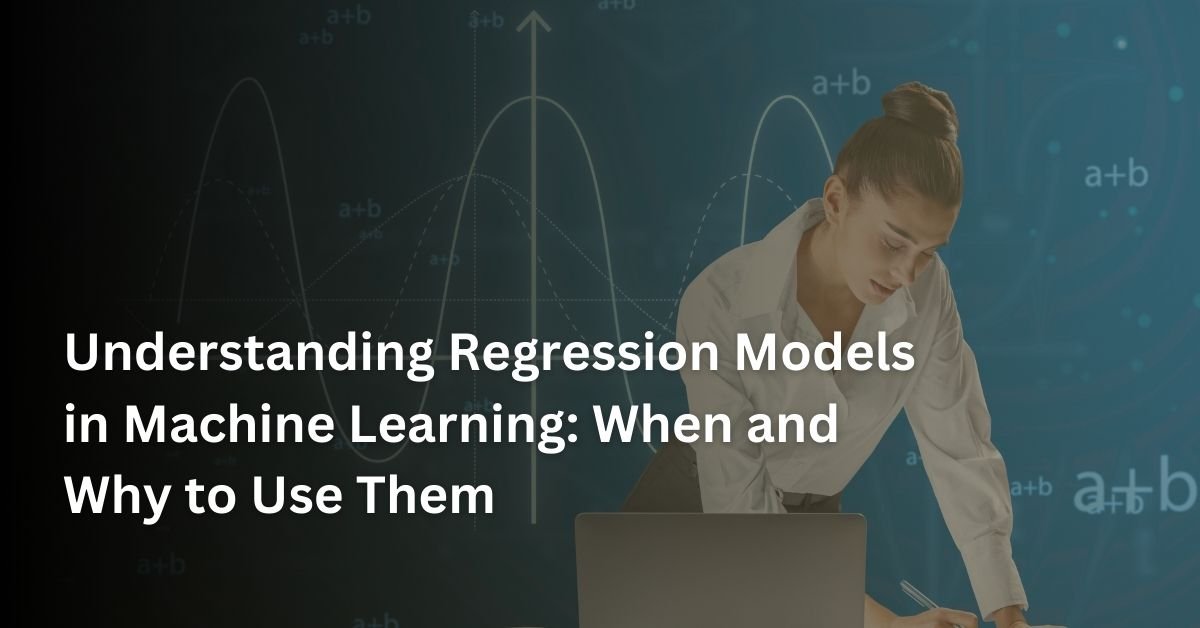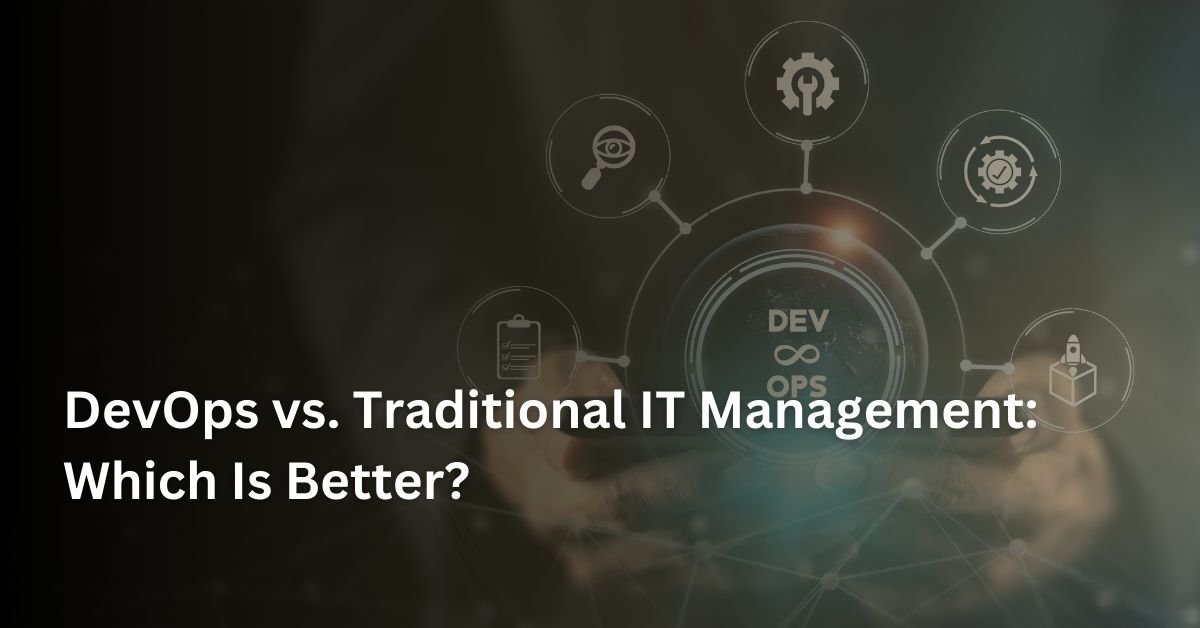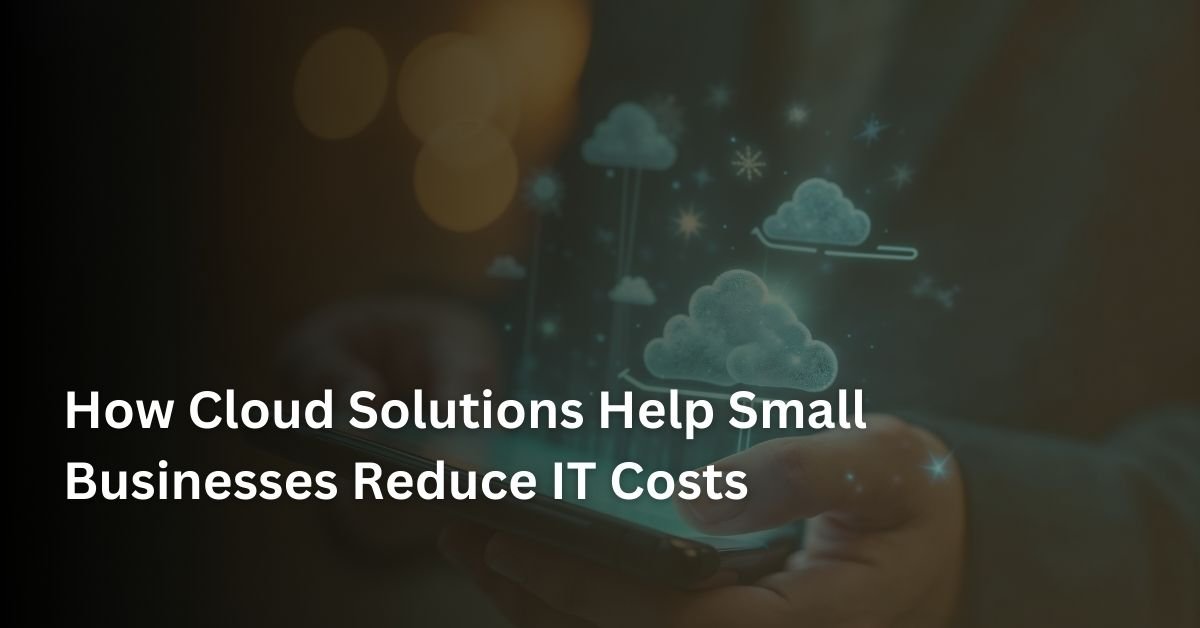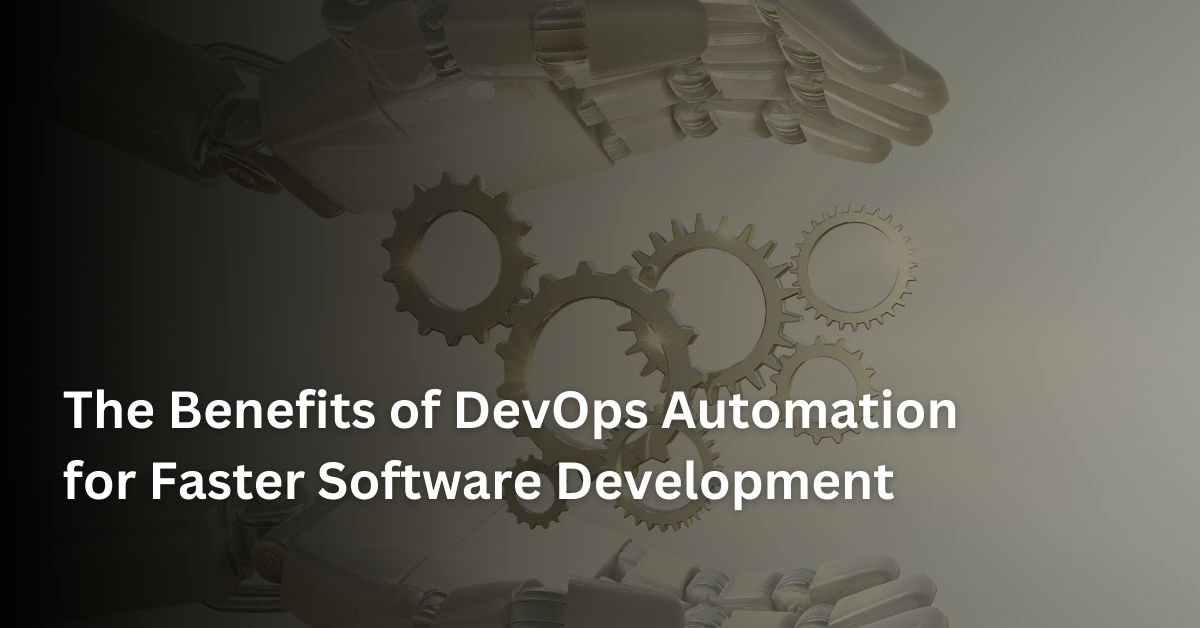In the ever-evolving field of machine learning, regression models play a crucial role in predictive analytics and statistical analysis. These models help to uncover relationships between dependent and independent variables. By understanding how regression works, businesses and data scientists can unlock valuable insights, forecast trends, and make data-driven decisions. In this blog post, we will explore linear, logistic, and polynomial regression models, discussing when and why they are used in real-world applications.
What Are Regression Models?
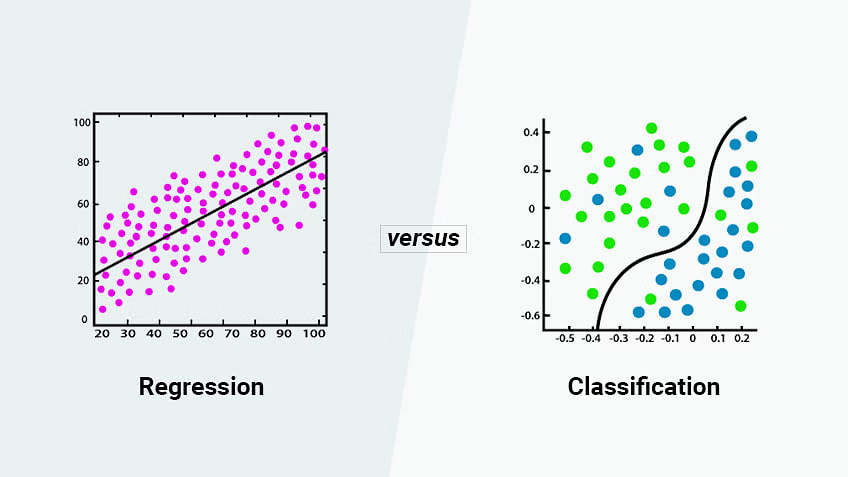
Source: Simplilearn
At their core, regression models are statistical methods used to predict the value of a dependent variable based on one or more independent variables. These models are powerful tools in machine learning, allowing you to analyze and understand complex data relationships. Depending on the nature of the data and the problem you are trying to solve, different types of regression models may be more suitable.
Linear Regression: The Basics
Linear regression is one of the simplest and most widely used regression models. It assumes a linear relationship between the dependent variable (what you want to predict) and one or more independent variables (the predictors). For example, you might use linear regression to predict a house price based on its square footage, location, and number of bedrooms.
When to Use Linear Regression:
- When the relationship between the independent and dependent variables is linear.
- When you have numerical data for prediction.
- When you are trying to model trends over time or forecast continuous values.
Linear regression is straightforward and works well with simple datasets where the relationship between variables is easy to identify. You can read more about the general concept of linear regression in this guide by Towards Data Science.
Logistic Regression: A Classification Tool

While linear regression is used for predicting continuous outcomes, logistic regression is used for classification tasks. It is ideal when your outcome variable is categorical, such as whether an email is spam or not or predicting whether a customer will buy a product or not. Logistic regression estimates the probability of a binary outcome based on the given inputs.
When to Use Logistic Regression:
- When the target variable is binary or categorical (e.g., yes/no, true/false).
- When you need to predict the likelihood of an event or classify observations into categories.
Logistic regression is used in various fields, from healthcare (predicting the likelihood of diseases) to marketing (predicting customer behavior). You can dive deeper into logistic regression with this tutorial by Machine Learning Mastery.
Polynomial Regression: Handling Non-linear Data
Polynomial regression is an extension of linear regression that allows for modeling non-linear relationships. By introducing higher-order terms (such as x², x³), polynomial regression can capture more complex patterns in the data. This model is particularly useful when the relationship between variables is not straight-line but follows a curve.
When to Use Polynomial Regression:
- When your data exhibits a curvilinear relationship.
- When you need to fit a more complex model that linear regression cannot handle.
- When you have a dataset with fluctuations that are not captured by a simple straight line.
Practical Applications of Regression Models

1. Financial Forecasting
In finance, regression models are often used to predict stock prices, market trends, and economic indicators. Linear regression, for example, might be used to forecast the future value of a stock based on historical data. By using regression analysis, financial analysts can make informed investment decisions. Read more about financial forecasting using machine learning in this article by Medium.
2. Healthcare Predictions
In healthcare, logistic regression is commonly used for disease prediction models. For example, predicting whether a patient is likely to develop a condition like diabetes based on lifestyle factors, genetics, and medical history. This predictive modeling helps healthcare providers offer early intervention to high-risk individuals. You can explore healthcare applications of regression models on PubMed.
3. Marketing Insights
Marketing teams use regression models to understand customer behavior. For instance, by using linear regression, marketers can predict sales revenue based on various factors, such as advertising spend, seasonality, and customer demographics. On the other hand, logistic regression can help predict whether a customer is likely to convert based on their interaction with an ad campaign. Learn more about marketing insights in this guide by Neil Patel.
4. Engineering and Manufacturing
In industries like manufacturing and engineering, polynomial regression can be used to model systems with non-linear behavior, such as optimizing machinery or understanding complex processes. Predicting failure rates of equipment or identifying patterns in production data are common use cases for polynomial regression. You can read more on engineering applications of regression in this article by Engineering.com.
Key Takeaways
- Linear regression is used when the relationship between variables is linear and continuous.
- Logistic regression is ideal for classification tasks where the outcome is categorical.
- Polynomial regression extends linear regression to handle non-linear relationships.
By mastering these different types of regression models, you can enhance your machine learning projects, solve real-world problems, and drive data-driven decision-making.
Why You Should Choose Revynox for Your Data Science Projects
As you explore the world of regression models and data-driven development, it’s essential to partner with a trusted software development team that understands the power of machine learning. At Revynox, we specialize in creating custom software solutions tailored to your business needs. Whether you need a sophisticated regression model, AI-powered tools, or complex data analytics, we have the expertise to bring your ideas to life.
For more information on how Revynox can help with your machine learning and software development needs, contact us today at Revynox.com.
